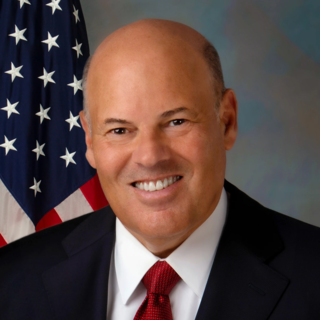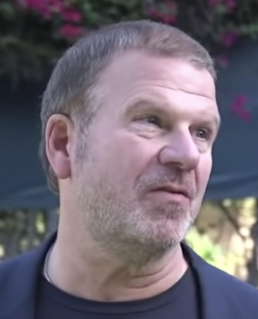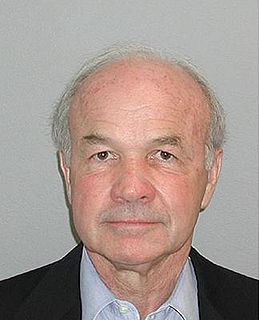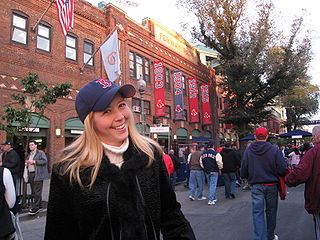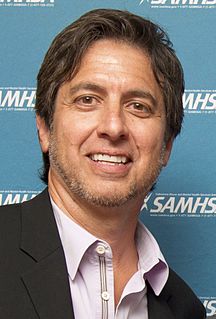A Quote by Charlie Munger
I would argue that a majority of the horrors we face would not have happened if the accounting profession developed and enforced better accounting.
Related Quotes
You have to understand accounting and you have to understand the nuances of accounting. It's the language of business and it's an imperfect language, but unless you are willing to put in the effort to learn accounting - how to read and interpret financial statements - you really shouldn't select stocks yourself
Creative accounting is an absolute curse to a civilization. One could argue that double-entry bookkeeping was one of history's great advances. Using accounting for fraud and folly is a disgrace. In a democracy, it often takes a scandal to trigger reform. Enron was the most obvious example of a business culture gone wrong in a long, long time.
One day I was in Starbucks going through one of my books on accounting, and this beautiful young woman came up to me and said, 'My accounting book is different from yours.' Her name was Joyce, she had a background in finance and administration and ran a surgery center. Within a short time, we were married.
The great myth is the manager as orchestra conductor. It's this idea of standing on a pedestal and you wave your baton and accounting comes in, and you wave it somewhere else and marketing chimes in with accounting, and they all sound very glorious. But management is more like orchestra conducting during rehearsals, when everything is going wrong.

